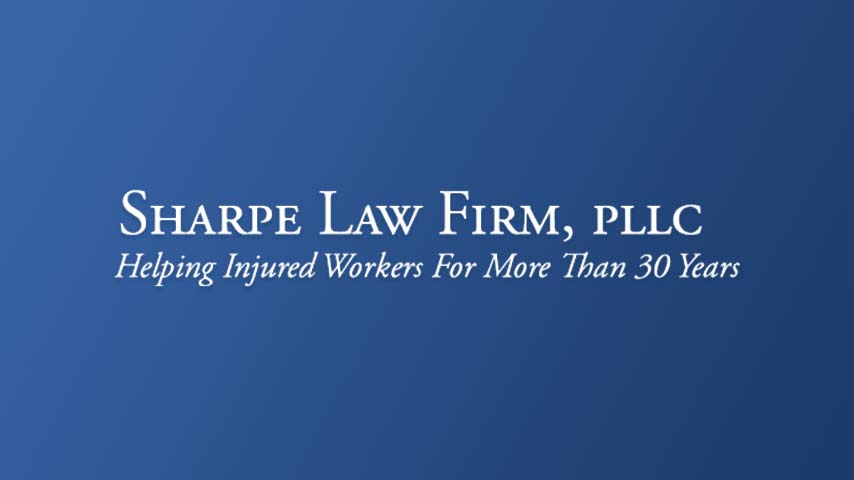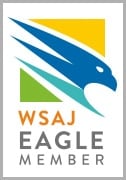The Law
-
Reopening Statute RCW 51.32.160 (1)(a)
If aggravation, diminution, or termination of disability takes place, the director may, upon the application of the beneficiary, made within seven years from the date the first closing order becomes final, or at any time upon his or her own motion, readjust the rate of compensation in accordance with the rules in this section provided for the same, or in a proper case terminate the payment: PROVIDED, That the director may, upon application of the worker made at any time, provide proper and necessary medical and surgical services…
-
Administrative Regulations for Reopening’s
WAC 296-20-097
When a claim has been closed by the department or self-insurer by written order and notice for sixty days, submission of a formal “application to reopen claim for aggravation of condition” form # F242-079-000 is necessary. The department or self-insurer is responsible for customary charges for examinations, diagnostic studies, and determining whether or not time-loss is payable regardless of the final action taken on the reopening application. Reopening applications should be submitted immediately. When reopening is granted, the department or self-insurer can pay time loss and treatment benefits into the future and also for a period not to exceed sixty days prior to date the application is received by the department or self-insurer. Necessary treatment should not be deferred pending a department or self-insurer adjudication decision. However, should reopening be denied treatment costs become the financial responsibility of the worker.
-
L&I Policy
a. Under 7 reopenings – Policy 16.20
b. Over 7 reopenings – Policy 16.40
(1) Recommendation to the Director to exercise discretion for over 7 reopenings. Policy 16.40-B -
Court Decisions
See Board of Industrial Insurance Appeals Significant Decisions and the Appellate Reporters
Important consideration about reopening law:
- The Application to Reopen Claim Due to Worsening Condition is the form used to initiate a reopening. Get it right the first time, and work only with a doctor who wants to help you. L&I will pay for this one medical visit.
- How to read the aggravation statute.
a. The Statute provides for reopening, within 7 years of your claim’s first final closure, for full benefits.
b. The Statute provides for lifetime reopening, for medical only benefits.
c. The Statute gives the director discretion to consider full benefits in over 7 cases, by in effect waiving the 7 year statute of limitation. To obtain full additional benefits (time loss, vocational, PPD, and pension) in an over 7 case, it is best to open for medical first and then request the discretionary full benefits second.
Important concepts to consider
- When you think reopening, first think about the medical aspects of your claim and your situation. You will need a doctor with a treatment plan and an opinion that your related condition is objectively worse.
- Reopening a claim for medical benefits is a lifetime right for injured workers.
- To be successful you need an objectively worsened medical condition or a demonstratedly worsened mental health condition. These conditions need to be related to your Department of Labor & Industries claim. It helps if it is a worsening of the same “accepted condition” that resulted directly from your injury or occupational disease. If the worsened condition is not accepted then you need to be able to prove that it is related. See 4 below.
- New medical or mental conditions can also lead to a reopening. A “Knowles aggravation” involves a condition which develops after initial claim closure as a result of the condition originally accepted under the claim. Success with the Knowles aggravation claim involves establishing the causal relationship between the job related injury and the condition which developed subsequent to claim closure. For example: You injure your back and have a great deal of pain which runs down your leg. You have an accepted back injury which is the focus of your claim. Your claim closes. The pain in your back causes you to walk with a limp and eventually you wear out your hip. Is your hip condition something you can reopen your claim for? Yes.
- In a situation where a new event or activity aggravates a condition causally related to the industrial injury some further thought is required. “McDougle aggravations” involve workers who aggravate conditions caused by industrial injuries often while this worker is engaged in an activity. If this is an off the job activity, the question becomes whether the injured person was acting reasonably in light of his industrial related condition, when he engaged in the off the job activities. If he had a back injury and lifted 5 pounds and his job related back injury worsened then he’s probably covered under a properly filed reopening. If he had a back injury and he was lifting 100 pounds then his worsening of his condition would probably be found to be an independent cause and thus his reopening application would likely be denied.
b. If this recent activity is on the job, then the 5 pounds might end up as a reopening, whereas the 100 pounds will probably be handled as a new injury and new L&I claim with this new employer. - With a successful reopening it is possible to receive some retroactive benefits. See RCW 51.28.040.
If you have questions about reopening your case, contact the office of Seattle Workers’ Compensation attorney Chris Sharpe today.










